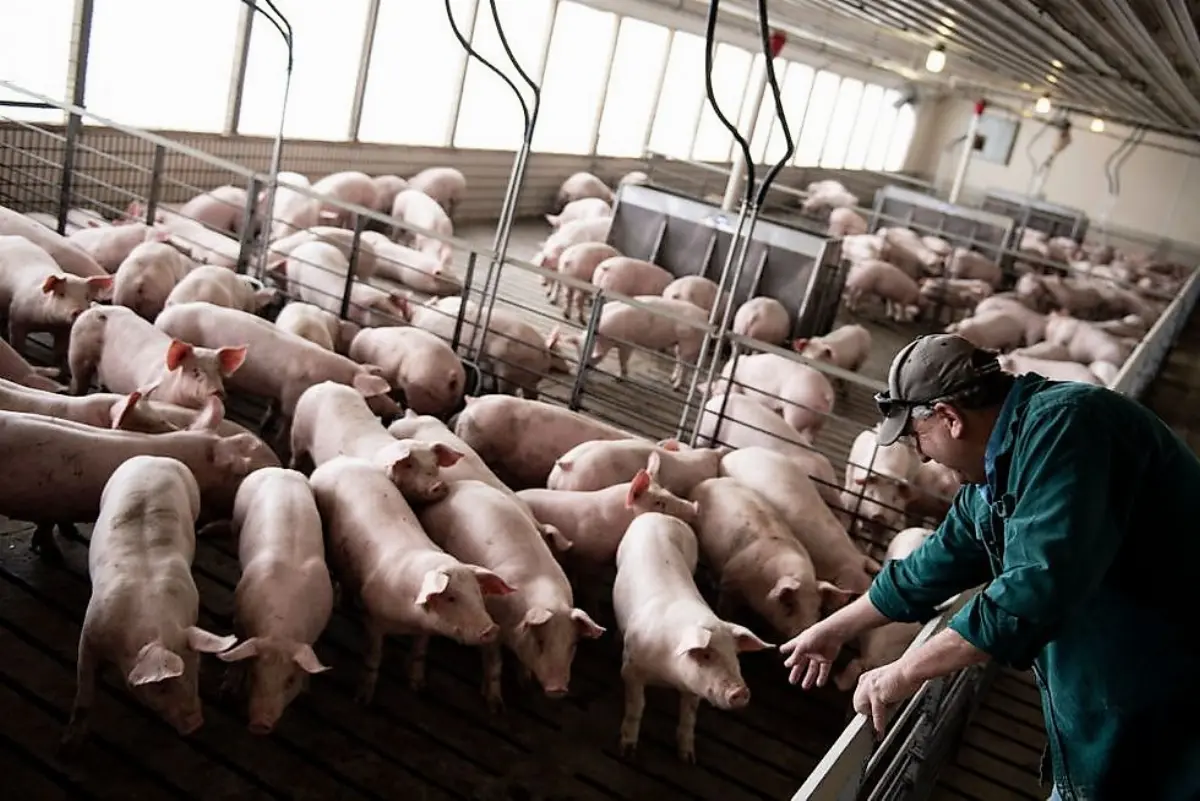
Do you want to access to this and other private contents?
Log in if you are a subscriber or click here to request service
Swine fever, China tries to throw water on fire
A report gives a less alarmist assessment of the disease in the nation

After repeated warnings about the spotty spread of swine fever, now China is stepping in and trying to allay fears. The recent spike in outbreaks of African swine fever may already be under control, government sources say, trying to put a patch on the spread of reports that see the plague, instead, expanding more and more.What worries Chinese authorities is the tam tam of news about the spread of the...
fc - 30339
EFA News - European Food Agency
EFA News - European Food Agency